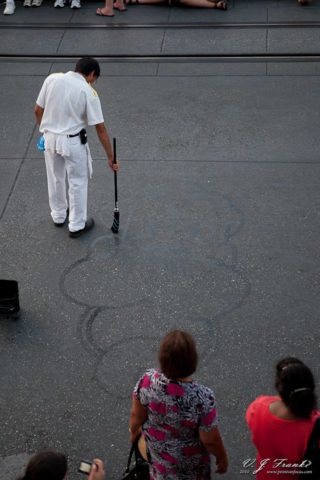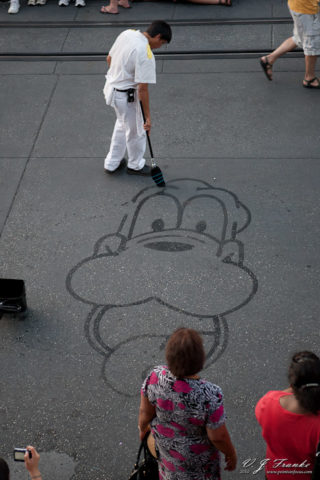Perception, Polarization, and Visualization
Visualizing an image is as fundamental to photography as the cameras, lenses, and film. Even modern technology is unable to diminish the need for your eye as it has for so many other aspects of photography.
Seeing an image, however, is not a simple task. It can be aided, in some ways, the old standard of learning with a 50mm prime, for example. However, that only takes you so far.
However, there’s more to images than just what fits in the frame. In particularly relevance in this case is the way light is reflected from surfaces.
That brings me to, of all things, sunglasses.

I wear sunglasses almost religiously. Fortunately, or unfortunately as it may be, the sunglasses I wear are polarized. As a result, the way I normally perceive the world is fundamentally different from how my camera does.
While I was attaching my polarizer, I found myself wondering if photographers should make it a point not to wear polarized sunglasses.That difference was driven home, again, while I was photographing a scene at the Magic Kingdom. What to me was readily visible and obvious wasn’t to my camera (at least initially), and it took a quick review of the images to realize my folly—chimping isn’t always a bad thing. Worse, I find that this is becoming a more frequent experience for me.
I don’t know, maybe that’s a good path to follow. Using only neutral density sunglasses certainly would keep your normal perception in line with that of your camera. However, polarized sunglasses can be useful tools themselves. The drive to putting polarizing foils in sunglasses is the same as using a polarizing filter on a camera lens, cut glare, intensify color, and increase contrast.

I find it’s virtually impossible to visualize how a scene will look though a polarizer without looking though one. Some things are easy; skies, for example, darken the most at 90° to the sun. Other things aren’t so obvious. The boards and shadows image posted recently to my Flickr stream was largely a product of seeing the effect of polarization on the boards before even having a camera in my hands.
Perhaps the question in a broader sense is to what end should we sacrifice things for a more accurate eye?
To which I don’t have an answer at all. It’s certainly true that sacrificing health and personal safety (the former is a line I’m loathe to cross, the latter not so much) can definitely net better images.
Where you draw the line and what it ends up costing you, are certainly personal choices.
I’m going to keep wearing my polarized sunglasses and redouble my effort to remember that I normally see the world differently than my camera does.
One final thought: The effect of using a polarizer can’t be mimicked with digital processing. Being able to see when using one, and using it, is certainly valuable.
Comments
There are no comments on this article yet. Why don't you start the discussion?